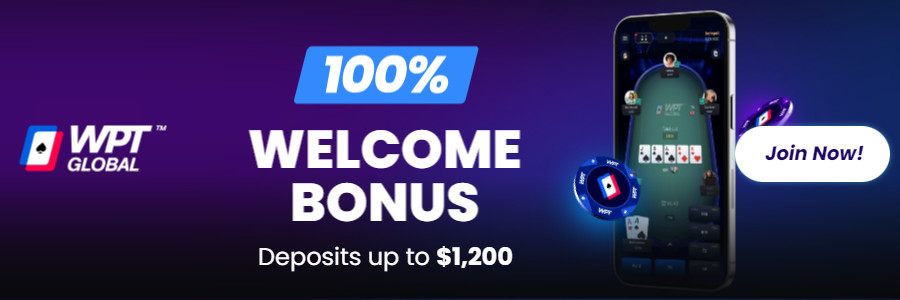|
Which is more valuable to an online poker player - a deep knowledge about the game, or a wealth of personal experience at the virtual poker tables? It's an interesting question, and again it's one of those issues that doesn't necessarily have a single answer.
I guess what the question boils down to is, will I be more successful online poker player if I plough right in, and take my lumps at a real online table? Or, should I approach things a bit more cautiously and study the game, either by reading books or by acquiring a tutor, before I dip my toes in the online poker pool?
It's a better way of phrasing the question because it brings us down to the core of the issue, and it allows us to see what the two camps are about more clearly.
Ready or not, here I come
So, you've heard about this whole online poker thing. Perhaps you were watching telly when Chris Moneymaker won the World Series of Poker (WSOP) having only ever played the game online, and it inspired you. In fact, a lot of people got their start this way.
Or perhaps you watched Casino Royale and decided that you too wanted to have a taste of the card playing action. Whatever your reasons are, you've decided you want to play online.
So, having googled for a good online poker site, and having discovered that there are literally thousands of them, you pick one, sign up for an account, and deposit some money. You pour yourself a drink and settle down in front of the computer for an evening of online poker.
And you get smacked around.
You make stupid mistakes like getting drawn into pots when you clearly have no business being there. Instead of finding yourself a good poker tournament, you have been sitting at a ring table, watching your cash drain away. Stuff like that.
But you are not discouraged by the brutal beating that you take on your first day. All the mauling that you receive on your second. The flat-out mugging that happens on your third day doesn't break your spirit either.
The fact is, you start to learn. You become clued in to what you're doing wrong, and you start to adjust your strategy accordingly. You spend most of your time at the lower buy in tables, playing free rolls, and investing in some of the cheaper tournaments and satellites. And your skill continues to grow.
After a while, you become a formidable poker player, because you experienced a baptism of fire, and came through it stronger.
Everything I know, I learned in a book
Now let's look at the polar opposite scenario. You're interested in online poker, but you know that like everything in life, it pays to learn a little about the subject before you dive in. You're the sort of person who hates flying blind.
So you take this poker playing thing on as a kind of project. You watch all the poker shows on ESPN. You find out who the major players in the poker world are, and you hunt down and read their blogs.
You buy up the seminal poker books, and study them religiously. Perhaps you even buy a couple of training sessions with a professional poker player. But the bottom line is, you don't go anywhere near an online poker site until you're absolutely sure that you know everything there is to know about the game.
You're thinking is, the better prepared you are, the better you will do when the time comes.
And in many respects you are correct. When you finally join your first online poker site, you don't make many of the classic rookie mistakes, and you aren't as easily suckered. This means you don't lose as much money initially.
However, there is a vast difference between learning about a thing in a book and experiencing it in real life. This means you will be just as susceptible to certain tricks and tactics that other online poker players will be using, because you simply haven't experienced them before.
Ultimately, what I'm trying to say is that both knowledge and experience are equally important.
| 
